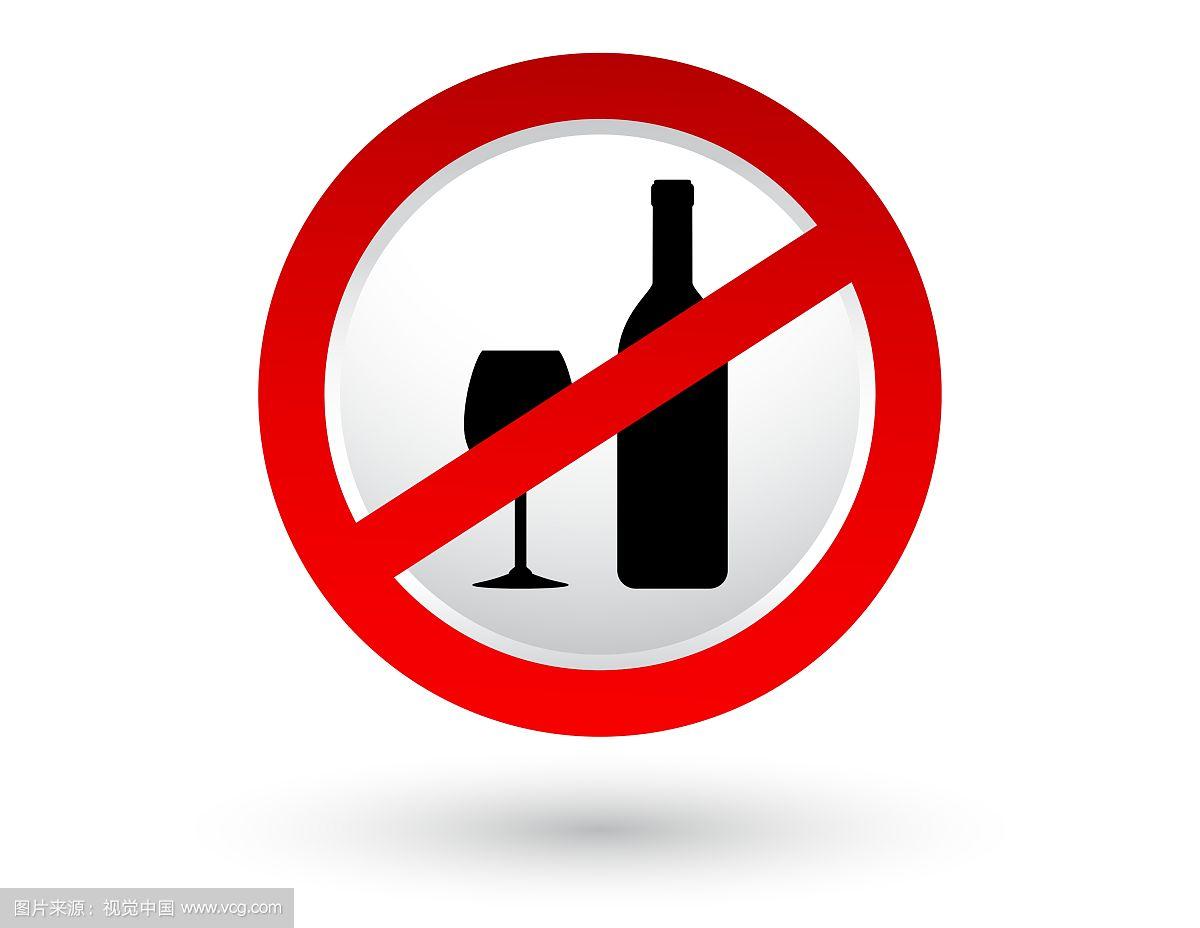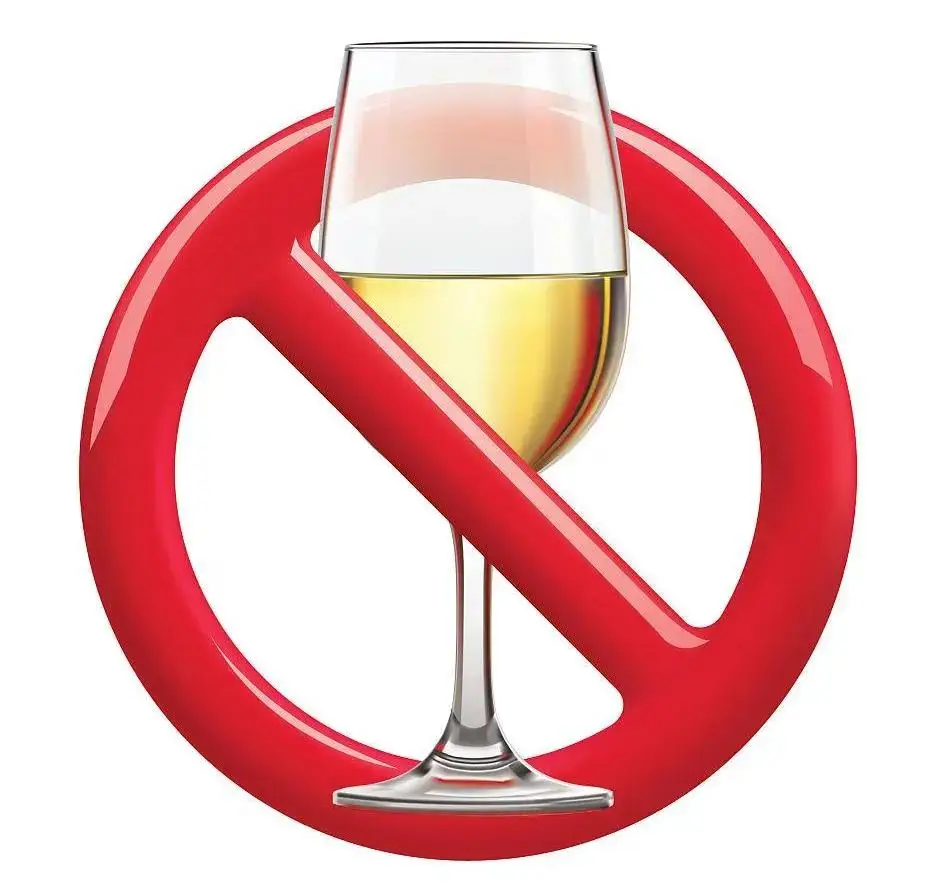Many people enjoy a glass of wine or a beer in the evening to unwind, believing it helps them relax and fall asleep faster. While alcohol may initially make you feel drowsy and facilitate the onset of sleep, its impact on the quality and structure of your sleep is far from beneficial. In fact, alcohol is one of the most common yet overlooked disruptors of healthy sleep cycles. Understanding how alcohol interferes with your natural sleep patterns can be a powerful motivator to cut back or quit entirely, leading to more restful nights and energized days.
The Science of Sleep Cycles
To grasp how alcohol affects sleep, it’s essential to understand the architecture of normal sleep. Sleep is not a uniform state but rather a cyclical process consisting of several stages, broadly categorized into rapid eye movement (REM) sleep and non-rapid eye movement (NREM) sleep. NREM sleep is further divided into three stages:
- N1: The lightest stage of sleep, often considered the transition between wakefulness and sleep.
- N2: A more stable sleep stage where heart rate and body temperature drop.
- N3: Also known as deep sleep or slow-wave sleep, this is the most restorative phase, crucial for physical recovery, immune function, and memory consolidation.
REM sleep, on the other hand, is associated with dreaming, emotional processing, and cognitive restoration. A full sleep cycle—progressing through N1, N2, N3, and REM—typically lasts about 90 minutes and repeats several times throughout the night.
How Alcohol Disrupts Your Sleep
While alcohol is a sedative and can help you fall asleep faster, its effects on sleep quality are overwhelmingly negative. Here’s how it interferes with each aspect of your sleep cycle:
1. Suppression of REM Sleep
One of the most significant impacts of alcohol is its suppression of REM sleep, especially during the first half of the night. Alcohol increases the amount of deep NREM sleep initially but at the expense of REM sleep. Since REM sleep is critical for mental restoration, learning, and emotional regulation, reducing its duration can leave you feeling groggy and unfocused the next day, even if you slept for a full eight hours.
2. Fragmented Sleep
As the body metabolizes alcohol during the night, its sedative effects wear off, leading to what sleep experts call "rebound arousal." This often results in frequent awakenings, especially during the second half of the night. You might find yourself waking up multiple times, even if you don’t fully remember doing so. This fragmentation prevents you from spending adequate time in the deeper, more restorative stages of sleep.
3. Exacerbation of Sleep Disorders
Alcohol relaxes the muscles in the throat and airways, which can worsen conditions like sleep apnea—a disorder characterized by pauses in breathing during sleep. Even for those without a diagnosed sleep disorder, alcohol can induce or amplify snoring and breathing irregularities, further disrupting sleep quality.
4. Disruption of Circadian Rhythms
Your body’s internal clock, or circadian rhythm, regulates the sleep-wake cycle. Alcohol interferes with the production of melatonin, a hormone that signals to your body that it’s time to sleep. By altering melatonin levels, alcohol can misalign your circadian rhythm, making it harder to fall asleep at the desired time and causing irregular sleep patterns.
5. Increased Nighttime Urination
Alcohol is a diuretic, meaning it promotes urine production. Drinking alcohol before bed can lead to multiple trips to the bathroom during the night, interrupting your sleep and making it difficult to return to deep sleep stages.
The Vicious Cycle of Poor Sleep and Alcohol Dependence
The relationship between alcohol and sleep can become a vicious cycle. Poor sleep leaves you feeling tired and stressed the next day, which may tempt you to reach for another drink to unwind again in the evening. Over time, this pattern can contribute to alcohol dependence, as your body begins to associate alcohol with sleep initiation, even though the sleep it provides is low-quality.
Benefits of Quitting Alcohol for Sleep
Eliminating or reducing alcohol consumption can lead to dramatic improvements in sleep quality and overall well-being. Here’s what you can expect:
1. Restored REM Sleep
Within a few days to weeks of quitting alcohol, your brain will recalibrate, and REM sleep will rebound. This means more vivid dreams (a sign of restored REM activity) and better cognitive function during the day.
2. Deeper, Less Fragmented Sleep
Without alcohol disrupting your sleep architecture, you’ll spend more time in the deep, restorative stages of sleep. You’ll wake up feeling genuinely refreshed rather than groggy and unrested.
3. Improved Breathing and Reduced Snoring
Quitting alcohol can alleviate breathing-related sleep disruptions, reducing snoring and improving oxygen levels during sleep. This is especially beneficial for those with mild to moderate sleep apnea.

4. Stabilized Circadian Rhythms
As your body resumes natural melatonin production, your sleep-wake cycle will become more consistent. You’ll find it easier to fall asleep at night and wake up feeling alert in the morning.
5. Fewer Nighttime awakenings
Without the diuretic effect of alcohol, you’ll experience fewer interruptions for bathroom breaks, allowing for longer, uninterrupted sleep sessions.
Practical Tips for Quitting Alcohol and Improving Sleep
If you’re ready to reclaim your sleep by reducing or eliminating alcohol, here are some strategies to help you succeed:
- Gradual Reduction: If quitting cold turkey feels daunting, start by gradually reducing your intake. Swap alcoholic drinks for non-alcoholic alternatives in the evening.
- Establish a Bedtime Routine: Create a relaxing pre-sleep ritual that doesn’t involve alcohol. This could include reading, meditation, or drinking herbal tea.
- Stay Hydrated: Drink plenty of water throughout the day to stay hydrated, but reduce fluid intake an hour or two before bed to minimize nighttime awakenings.
- Seek Support: If you find it challenging to cut back on alcohol, consider seeking support from friends, family, or professional resources like therapists or support groups.
Conclusion
Alcohol might feel like a shortcut to relaxation and sleep, but it ultimately robs you of the restorative rest your body and mind need. By understanding how alcohol disrupts your sleep cycles—suppressing REM sleep, causing fragmentation, and misaligning your circadian rhythm—you can make informed decisions about your evening habits. Quitting or reducing alcohol is one of the most effective steps you can take to wake up feeling truly rested, energized, and ready to take on the day. Your body and mind will thank you for it.





发表评论